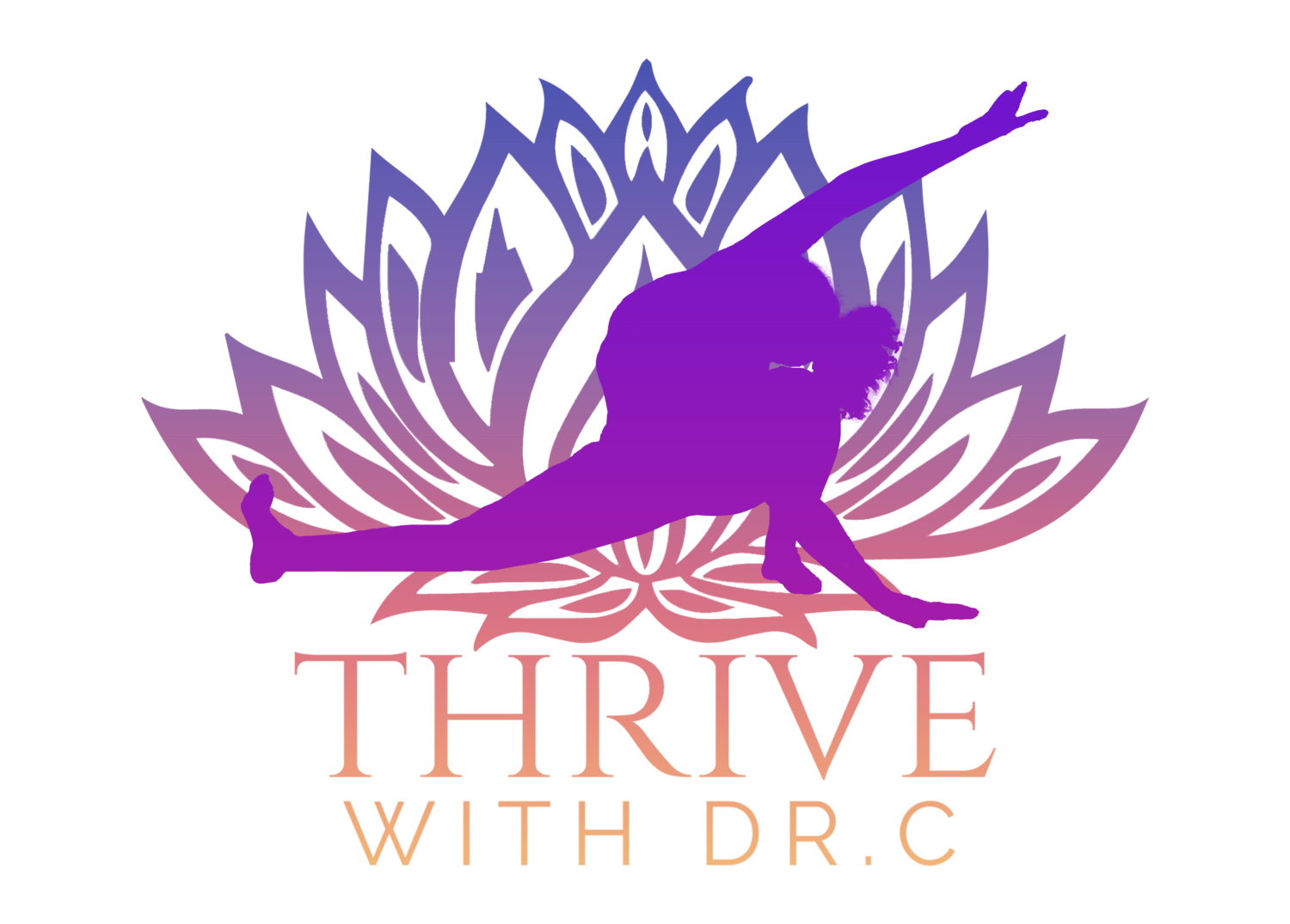The Impact of Sleep on Your Recovery
When we think about recovery, we often focus on nutrition, hydration, or perhaps stretching and massages. Yet, one of the most crucial components of recovery is often overlooked: sleep. While we rest, our bodies engage in an intricate and vital process of repair and regeneration that is fundamental to healing and overall well-being.
The Role of Sleep in Recovery
Tissue Repair and Regeneration
During deep sleep stages, particularly slow-wave sleep, your body ramps up the production of growth hormone. This hormone is pivotal for repairing tissues and muscles, as well as for regenerating cells. Whether you're recovering from an intense workout or healing from an injury, this phase of sleep is when your body does most of its "housekeeping."
Inflammation Regulation
Sleep also plays a critical role in controlling inflammation. Chronic inflammation is linked to a host of health issues, including delayed healing and increased pain. Adequate sleep helps regulate the immune system, keeping inflammation in check and ensuring that the body responds appropriately to injury or stress.
Muscle Growth
Muscle growth isn't just about what happens in the gym; it's heavily influenced by what happens in bed. Protein synthesis, the process where cells build new proteins and thus new muscle tissue, is significantly higher during sleep. This means that without adequate sleep, your muscles may not grow and recover as efficiently.
Cognitive Function and Pain Perception
Sleep deprivation doesn't just affect physical recovery—it also impacts the brain. Insufficient sleep can lead to impaired cognitive function, which affects concentration, decision-making, and even emotional regulation. Furthermore, studies have shown that lack of sleep can increase pain sensitivity, making any existing injuries feel worse and slowing down the healing process.
Practical Tips for Better Sleep
Achieving quality sleep isn't always easy, but adopting some healthy habits can make a significant difference. Here are practical tips to help you get the restorative rest you need:
1. Maintain a Consistent Schedule
Going to bed and waking up at the same time every day, even on weekends, helps regulate your circadian rhythm, your body's internal clock. This consistency signals to your body when it's time to sleep and wake up, making it easier to fall asleep and wake up naturally.
2. Optimize Your Sleep Environment
Create a relaxing and sleep-friendly environment. Keep your bedroom cool, quiet, and dark. Consider using blackout curtains, earplugs, or a white noise machine to minimize disruptions. Your bed should be comfortable, with a supportive mattress and pillows.
3. Practice Relaxation Techniques
Incorporate relaxation techniques into your pre-sleep routine to ease the transition into sleep. Practices such as deep breathing, progressive muscle relaxation, or meditation can help calm your mind and relax your body, making it easier to drift off to sleep.
4. Limit Screen Time
Electronic devices emit blue light, which can interfere with the production of melatonin, the hormone that regulates sleep. Try to avoid screens—smartphones, tablets, computers, and TVs—at least an hour before bed. Instead, consider reading a book or listening to soothing music.
5. Stay Active, But Time It Right
Regular physical activity can significantly improve sleep quality. However, engaging in vigorous exercise too close to bedtime can have the opposite effect, making it harder to fall asleep. Aim to complete intense workouts at least a few hours before you plan to go to bed.
In Conclusion
Quality sleep is not a luxury; it’s a necessity for optimal recovery and overall health. By making sleep a priority and incorporating these strategies into your daily routine, you can enhance your body's natural healing processes. Remember, good sleep hygiene is just as important as what you do during the day to stay healthy and recover well.
Make sleep a key part of your recovery plan, and you'll likely find yourself feeling more refreshed, less prone to injury, and ready to take on the day with renewed energy and focus.
